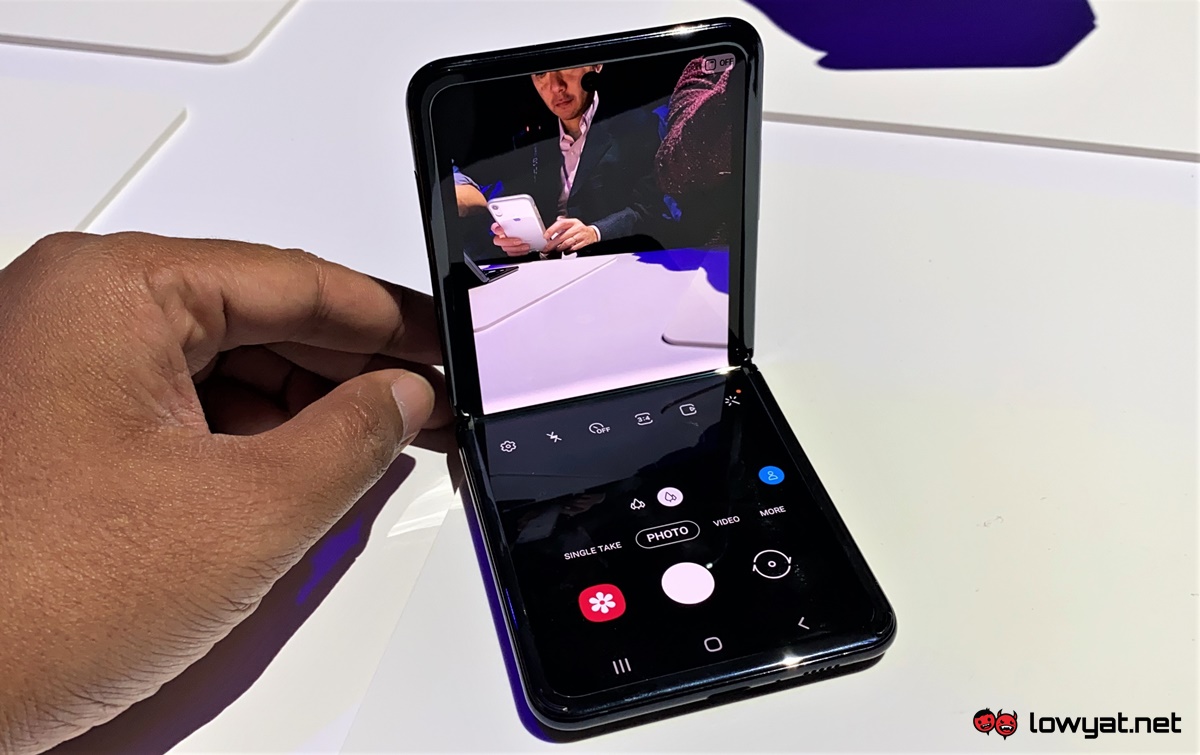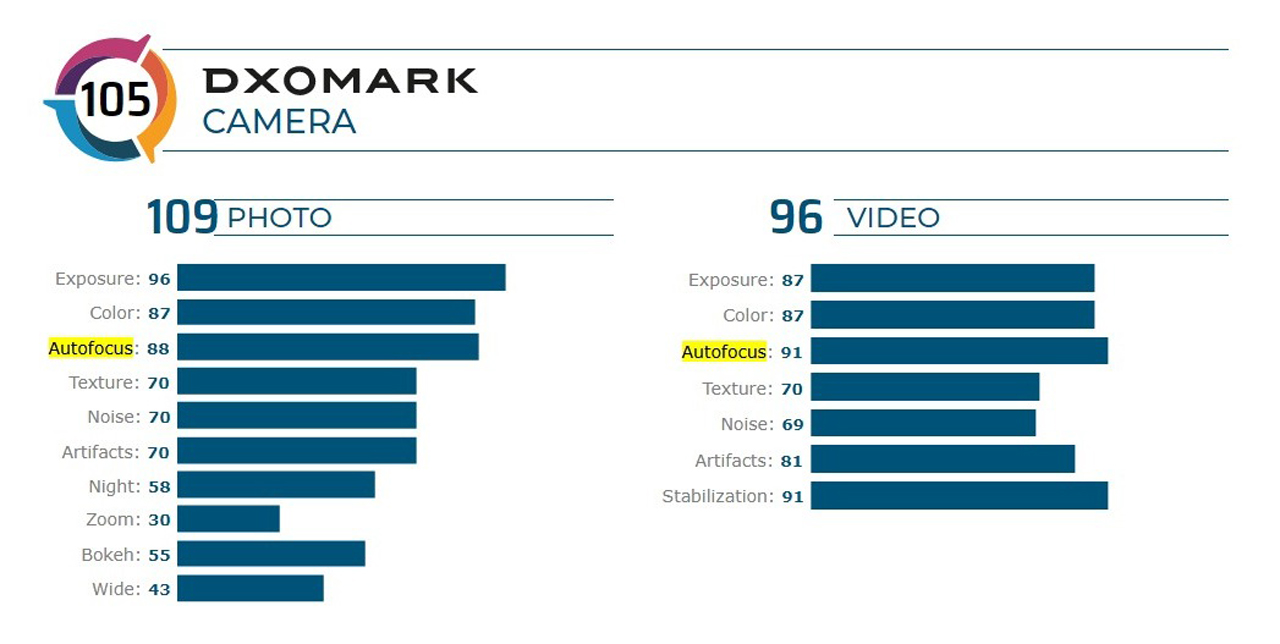The site notes that the Z Flip’s camera provides a fair amount of dynamic range under all conditions and its colour rendering is considerably impressive. They also commended the phone’s accurate exposures in both lowlight and bright environments, as well as complimenting its ability to filter noise.
However, the handset’s 12MP camera also produced significantly low levels of detail with artifacts visibly seen when viewing photos in full resolution. Additionally, DxOMark pointed out that the Galaxy Z Flip’s depth estimation is below par due to inaccuracies, and notes that its autofocus function is accurate in most cases but slow. As for its video performance, the site cited that the Samsung foldable phone produces vividly colourful footage with a decent amount of detail, and added that its autofocus as well as its stabilisation system worked effectively well. On the downside of things, the Galaxy Z Flip unfortunately produces low dynamic range, sharpness and noise, especially under low light conditions.
While the score is seemingly low when compared to the heavy hitters from Huawei, Xiaomi, and Samsung’s own S20 Ultra, the Galaxy Z Flip’s camera performance is still considered pretty decent for foldable phones. Then again, it’s not really that surprising considering the fact that the Korean tech company had set its sights on the phone’s form factor rather than its camera. Otherwise, we’d be seeing the handset with an even bigger price tag than its current RM5,888 price point. Also, do check out our hands-on with the Samsung Galaxy Z Flip to read about our experience and impression of the device. (Source: DxOMark)

